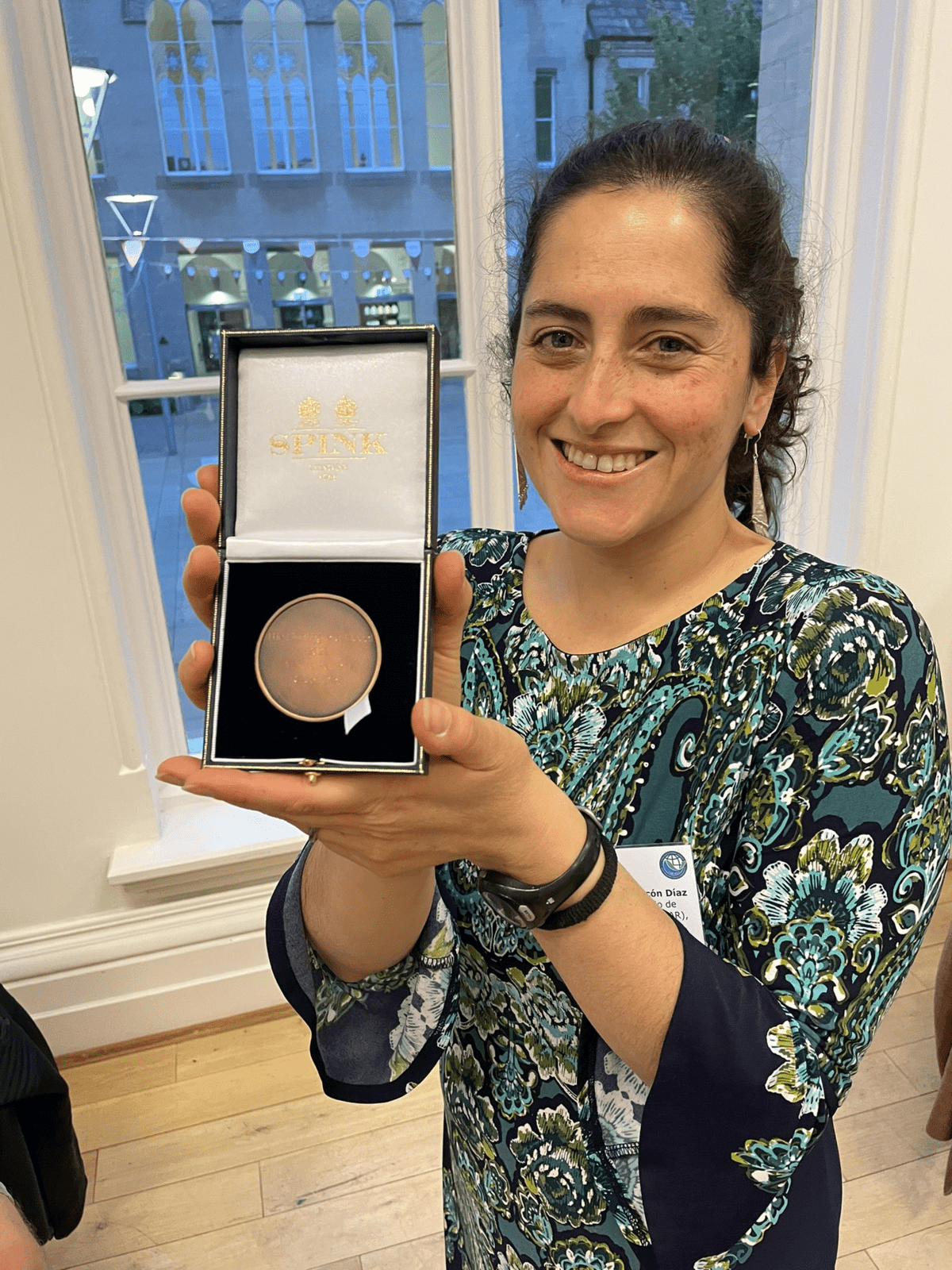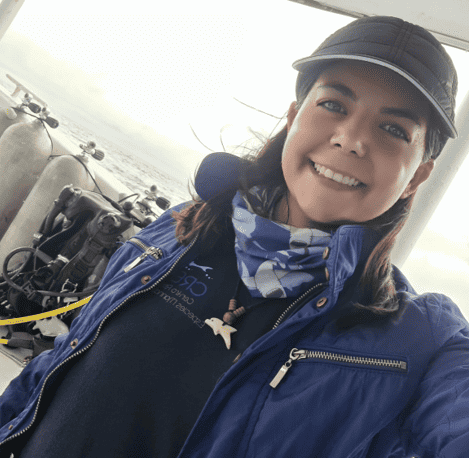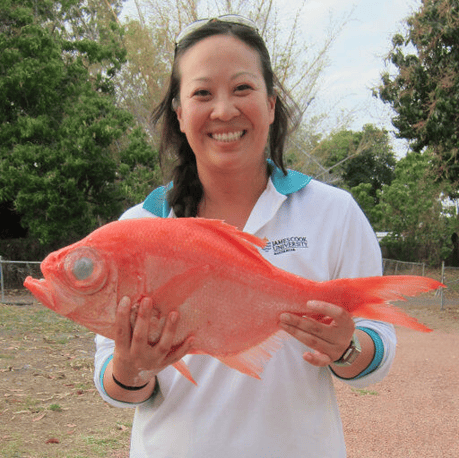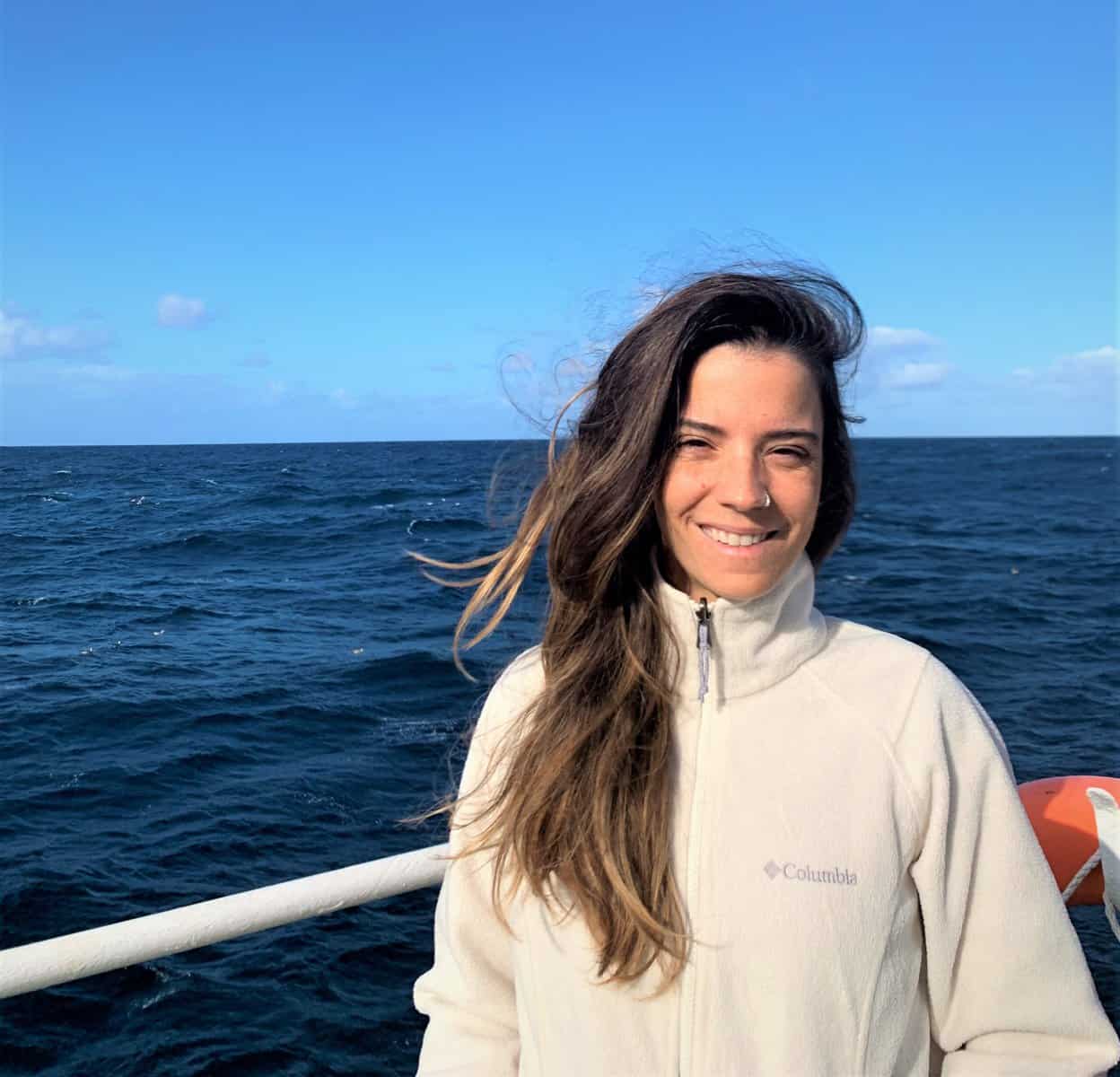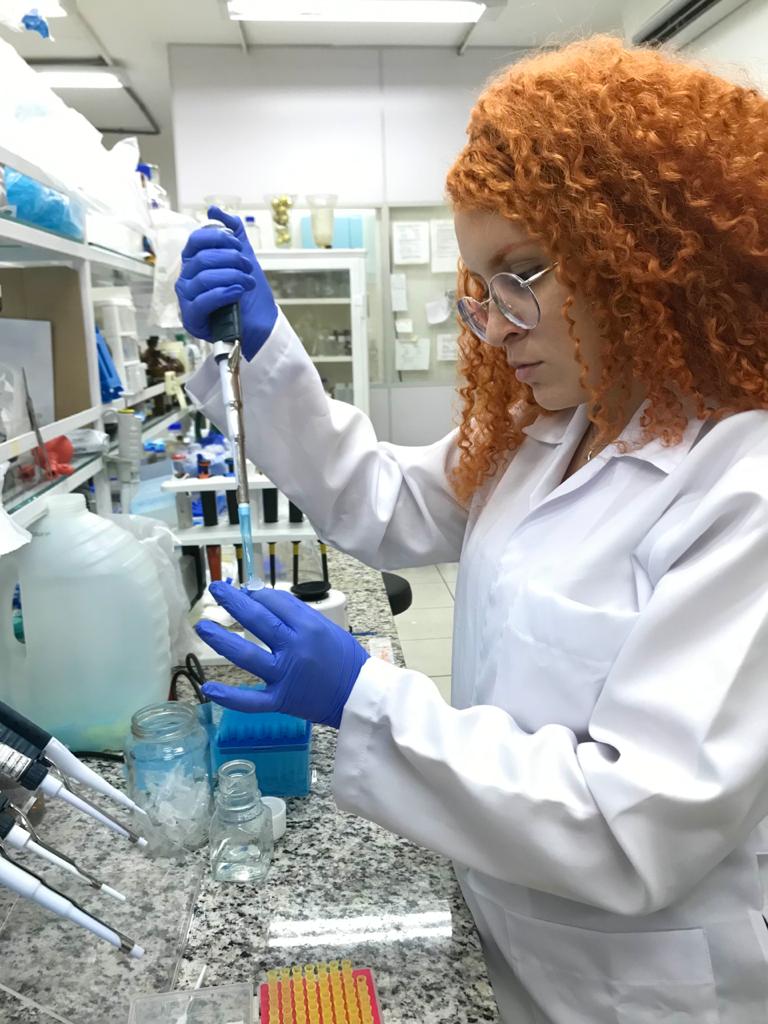Advancing Sea Trout Conservation: IFM, 12th September, Cardiff £220
Sea trout, an iconic and ecologically significant species, are facing challenges across England, Wales, Scotland, and Ireland. To address these issues and promote their restoration and protection, a symposium is set to convene. This event aims to bring together experts, researchers, and decision-makers to harness the latest scientific knowledge about sea trout. By doing so, it seeks to develop and communicate recommendations based on the best available evidence to safeguard these vital fish populations.
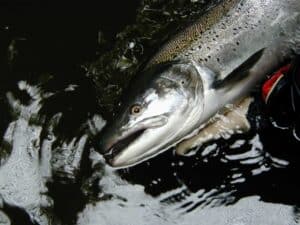

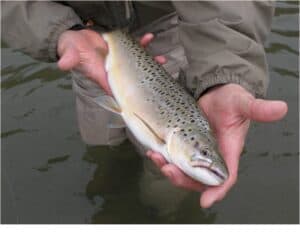
Sign up to the Symposium
Secure your place ASAP
The Symposium Agenda
This symposium promises an insightful exploration of sea trout biology, genetics, and behavior. Experts from diverse backgrounds will deliver presentations, sharing their expertise and findings on various facets of sea trout research. Additionally, attendees will have the chance to actively contribute to the collective knowledge through engaging roundtable discussions.
Full programme
Conference Sessions:
- What Do We Know About Sea Trout? – A comprehensive overview of our current understanding of sea trout, providing a solid foundation for the discussions to follow.
- A Review of Current Management Practices (Double Session) – Delving into the strategies currently in place for sea trout management, with an eye on potential improvements.
- The Value of Sea Trout to Aquatic Ecosystems – Highlighting the crucial role sea trout play in maintaining the health and balance of aquatic ecosystems.
- Threats Facing Sea Trout – Identifying and assessing the various threats and challenges confronting sea trout populations.
- Facilitated Workshops – An opportunity for collaborative brainstorming and problem-solving among attendees.
The Road Ahead
Following the symposium, a follow-up workshop scheduled for November at Fishmongers Hall in London will bring together key decision-makers. Together, they will use the insights gained during the symposium to draft recommendations for the future management of sea trout in Britain and Ireland. These recommendations will emphasize the importance of local action and resources while also considering sea trout within the broader context of nature conservation.
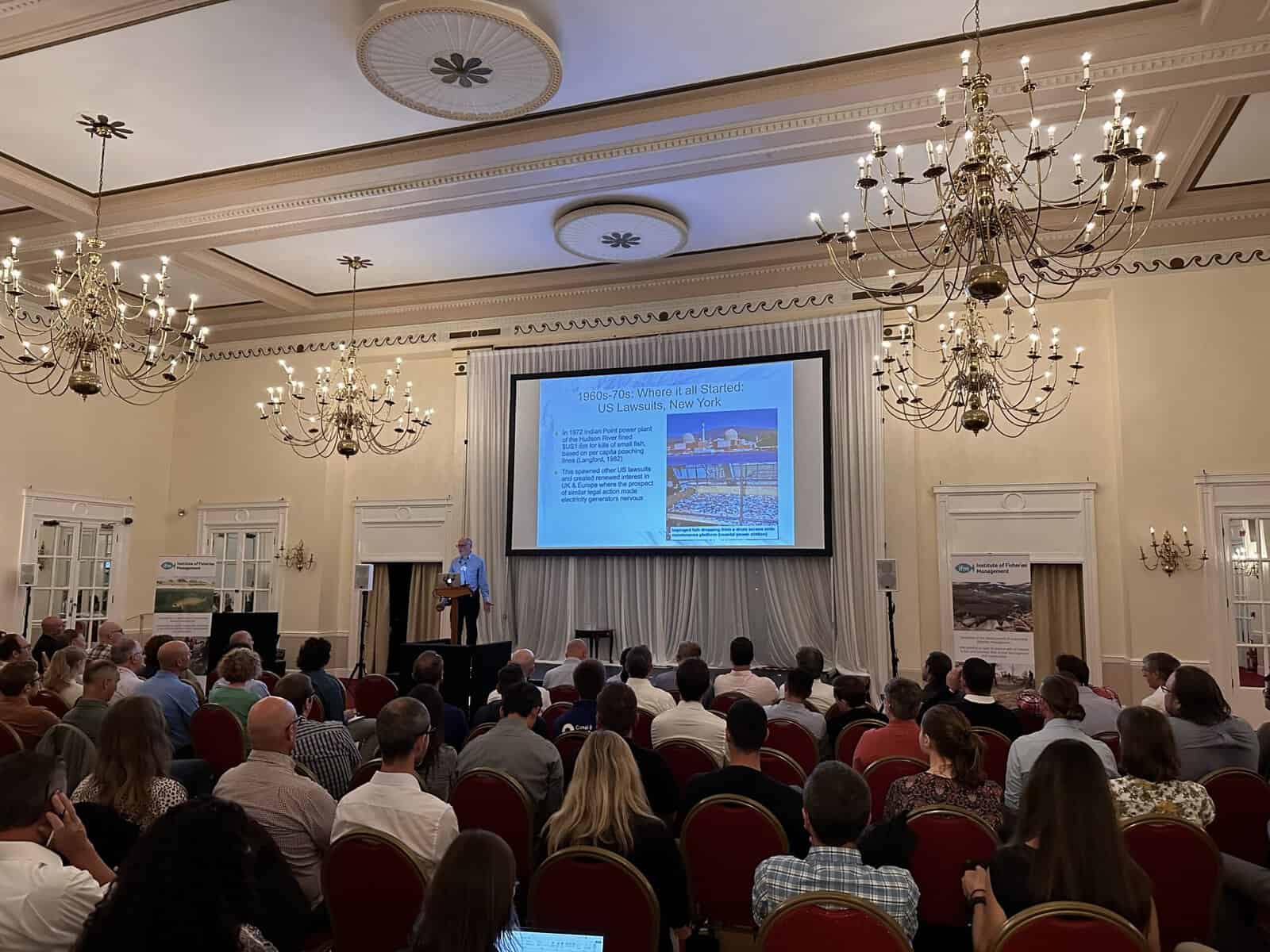
Networking and Social Event
To foster collaboration and camaraderie among attendees, a networking and social event is planned at Brewhouse & Kitchen, starting at 7:30 pm. This informal gathering offers an excellent opportunity for attendees to unwind, share ideas, and engage in "fishy chat" over drinks and nibbles.
Sign up to the Symposium
Secure your place ASAP

